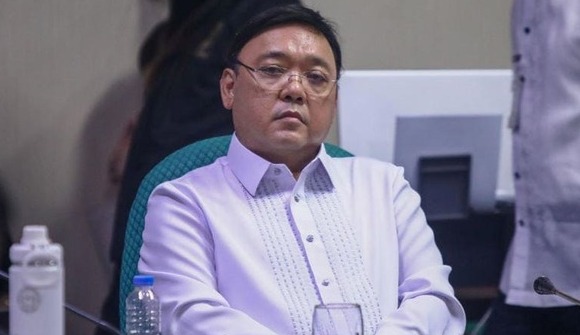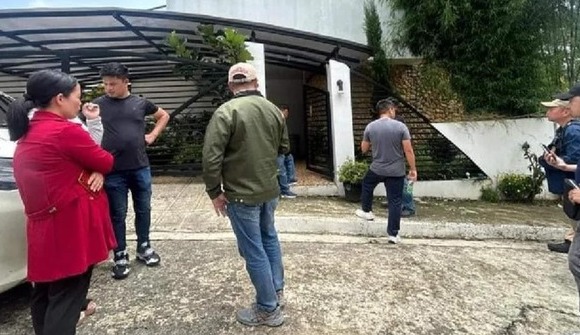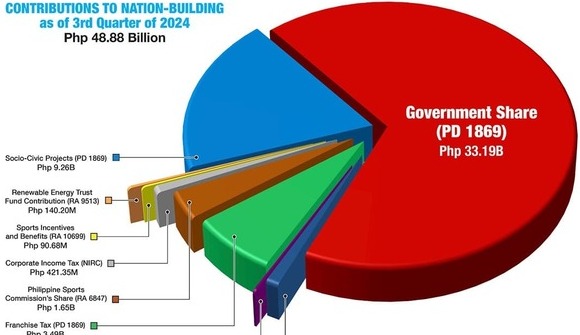
The amendment to the Gaming Law
The draft law proposal on the amendment to the Gaming Law submitted to the Legislative Assembly reaffirms the principle of the operation of games of chance confined to casinos (directly) owned by the casino operators, established in the casino concession and sub-concession contracts.
The only novelty is that no exception to this principle is admissible. The draft law proposal provides that in the event the current casino operators are “awarded rights to operate casino games of chance,” they may continue to operate such games on a property not owned by them for a (maximum) period of three years from the entry into force of the law amending the Gaming Law, and provided that the Chief Executive grants authorizations.
This rule is consistent with, among other things, the (newly announced) public policy of (1) downsizing Macau’s gaming market, as stated in the proposed Article 1/2, subpar. 5 of the Gaming Law, and (2) prohibiting the sub-concessions, i.e., the “transfer, or assignment, in whole or in part, to a third party, of the right to operate casino games of chance, or the transfer, or assignment, in whole or in part, to a third party, of the concessionaire’s legal rights and obligations related to gaming, or their contractual position as concessionaire,” as per the proposed Article 7/3.
This measure will most certainly impact the already sluggish gaming gross revenues and have a materially adverse effect on the operation of some casino operators.
Firstly, it directly hits the so-called “satellite casinos” i.e., the “third party promoted casinos,” according to SJM’s annual reports, or the “collaborative entities,” in the wording of Article 5/4 of the draft law proposal. Out of the existing 42 casinos, 20 are “satellite casinos” (of which two are currently closed) operating under the umbrella of SJM, Galaxy, and Melco.
Although the draft law proposal allows casino operators to enter into agreements with third parties concerning the management of “all or some of the concessionaire’s casinos,” it bans the possibility of gaming-revenue-sharing. This fact alone will sound the death knell of the “satellite casinos,” at least as they currently operate. As a consequence, it will increase the already high unemployment rate with the employees hired by the “collaborative entities.” (Despite the Secretary for Economy and Finance mentioning that all are employees of the concessionaire/sub-concessionaires, in a December 2016 response to a legislator’s written interpellation, the former Gaming Inspection and Coordination Bureau (DICJ) Director says otherwise, acknowledging “there is no legal provision, in effect, that requires that the hiring of all casino employees be done solely by the respective concessionaire/sub-concessionaire”.) Let’s see if – and how – legal engineering will manage to overcome the legal command, thus creating an implementation failure of the Gaming Law, with enforcement mechanisms failing to accomplish the policy goals due to ineffective oversight.











